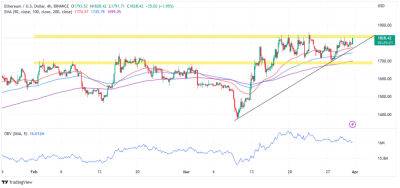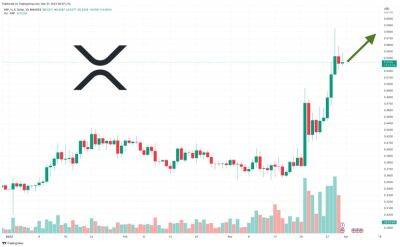UK to abolish law requiring press to pay legal costs when sued
Ministers will push ahead with plans to abolish a key piece of press regulation law, unpicking one of the main recommendations of the Leveson inquiry into the culture of the British newspaper industry.
The government said they would roll back a rule that could require news outlets to pay the costs of the people who sue them unless the news outlet is signed up to a state-backed press regulator. Labour indicated that opposition MPs will not object to the plan, meaning it is likely to sail through the House of Commons.
The announcement is part of a series of policies that will form the government’s forthcoming media bill, which will be revealed on Wednesday. Other media policies include increased regulation of streaming services, giving media regulator Ofcom the authority to consider complaints about shows on Netflix and Disney+.
Manufacturers of smart television sets will also be required to prominently feature public service content from the likes of the BBC and ITV, while smart speakers such as Amazon’s Echo will have to carry all radio stations.
No major news publisher supports a state-backed press regulator. Some national newspapers are members of the Independent Press Standards Organisation, while titles such as the Financial Times and the Guardian have opted for a system of self-regulation.
Although the legislation has never been put into effect, the continued existence of section 40 of the Crime and Courts Act left open the potential for ministers to enforce state regulation of newspapers at some point in the future.
Notwithstanding potential opposition to the plan in the House of Lords, abolition of the law could spell the formal end of the state-backed press regulation system envisaged a decade ago by the Leveson
Read more on theguardian.com











